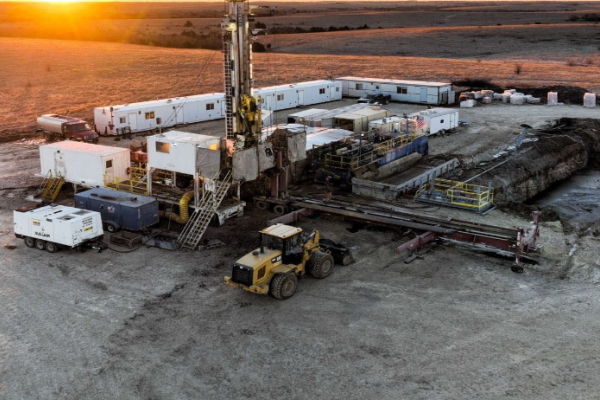
Speaker: Dr. Jory A. Pacht, President of Altair Resources LLC
Lunch provided
"Anthropogenic global warming is an inconvenient truth. But so are the huge benefits that every country in the world has enjoyed because of cheap fossil fuel energy."
Speaker Biography
Dr. Pacht began his career at ARCO in the exploration research department in 1980, and ARCO recognized his contribution in its 1987 Annual Report where his team was credited with adding $350 million of reserves. His work continued at RPI International as a Senior Scientist working in the Gulf of Mexico and offshore Africa. In 1992, he founded Seis-Strat Services, Inc., a geological and geophysical service company employing up to 35 geo-scientists in seven countries. He sold Seis-Strat in 2007. From 2004 to 2016, Dr. Pacht formed and sold three PE-funded oil and gas production companies with partners. One of these companies was producing over 5200 BOPD at sale. Another drilled 122 CBM wells. He is currently the President of Altair Resources. Dr. Pacht has won five best paper awards and has published over 100 papers and abstracts. He serves on the Alumni Advisory Board of the School of Earth Sciences at Ohio State, where he received his Ph.D. and gives talks worldwide on energy.
Abstract
Anthropogenic global warming is an inconvenient truth. But so are the huge benefits that every country in the world has enjoyed because of cheap fossil fuel energy. Perhaps the most important thing to understand about energy is just how much of it we use. Every man, woman and child in the world uses 20 million watt-hours of energy per year. In developed countries, the number is far higher. The reason energy use is so high is that energy is in everything we do. For example, food for a U.S. family of four takes the energy equivalent of 22 gallons of gas per week to grow, ship, process and sell. If energy is in everything we do, then the cost of energy is in everything we do and worldwide, most decisions on energy sources are made based on cost. This is particularly true for undeveloped and developing countries. However, it is also true for industrial powerhouses like China, that have prioritized economic growth. As we hear the call for a carbon-free world in 30, 20 and now 15 years, we have to ask if this is realistic? Can we accomplish this without devastating economies? Currently about 82% of all energy in the world is produced using fossil fuels. Renewables, including biofuels, comprise around 7.5%. Are there other alternatives? Are the world's citizens ready to accept the increased economic, land use, and other impacts that come with a switch to renewable sources of energy? In countries that are desperately poor, is it moral to insist that they forgo the benefits of cheap energy that we enjoy. Acquaintance with some of the facts of energy production and use may help in making the difficult decisions that will be required in the future. Managing global CO2 and ensuring cheap, abundant, energy will require rational market-based solutions that may be different for different countries. Political invective on both sides is counter-productive and only creates division.
Zoom: https://osu.zoom.us/j/93728532361?pwd=dUA24jEGhxDJshMaFE9Vt97hMrhYNF.1
Password: 026253
